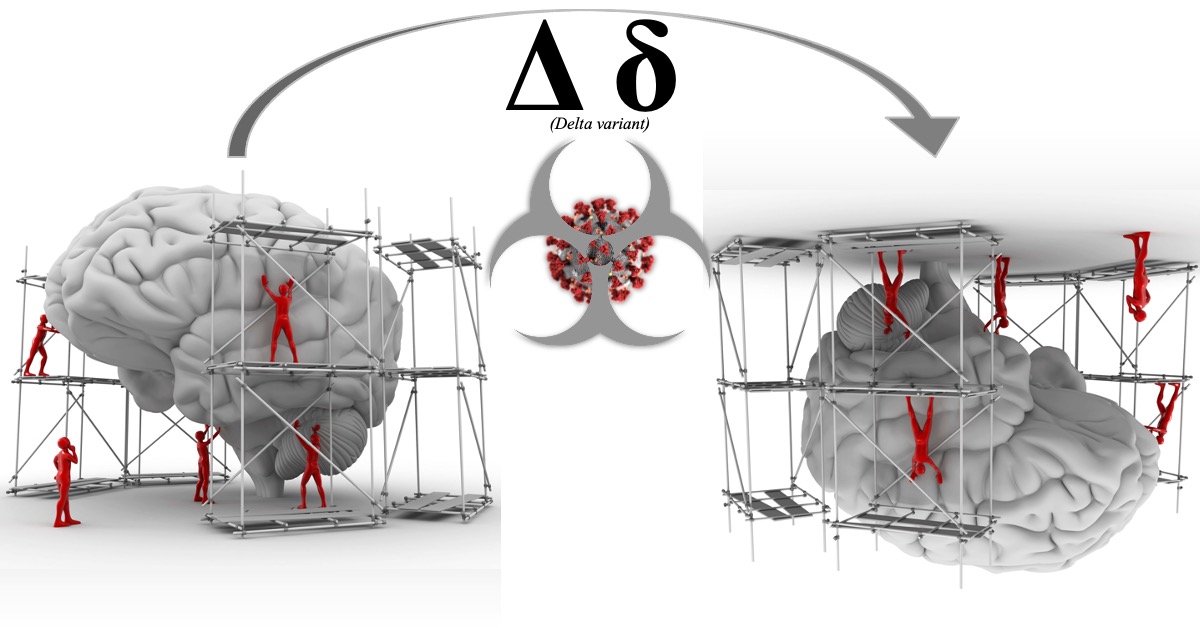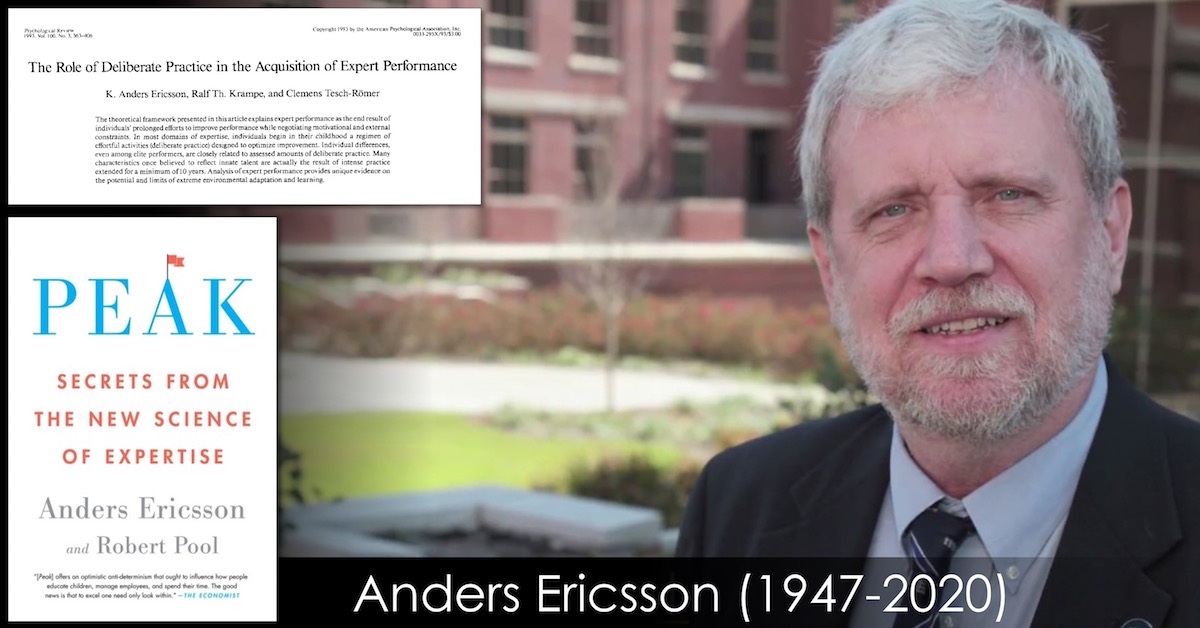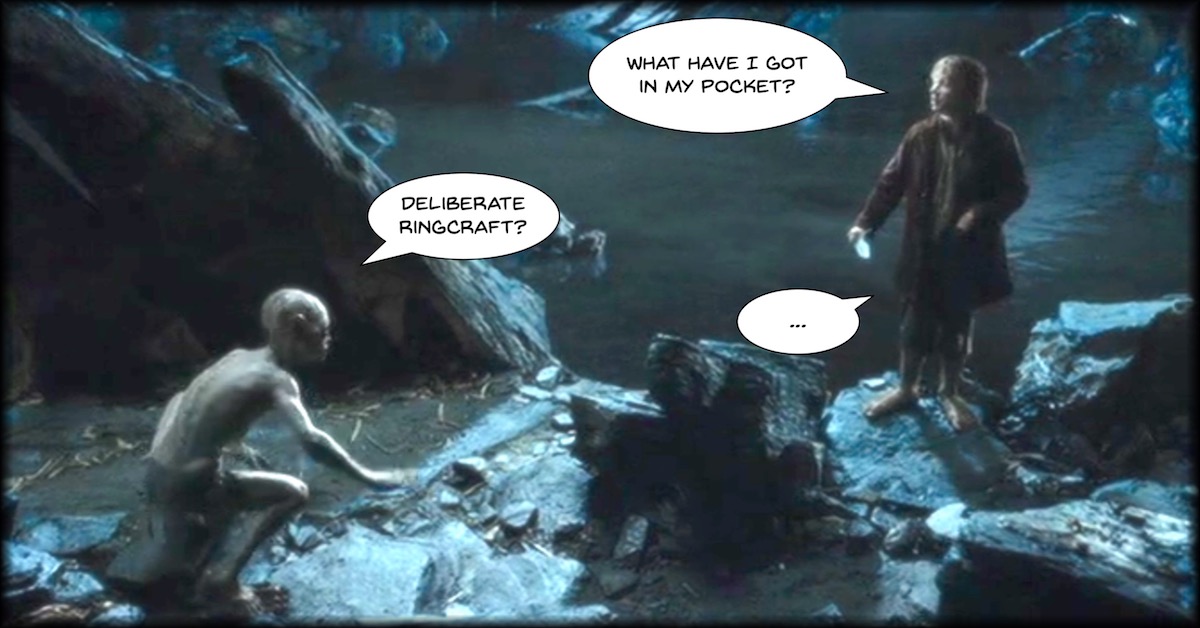Why Is the Pandemic So Confusing Right Now? Overturned Mental Representations
Throughout 2020, we all developed a working mental framework of the pandemic. This framework included an understanding of the original virus’s transmission mechanism (airborne, not surfaces), the efficacy of masks (extremely effective, especially if N95 or KF-94), and therefore what types of activities we could safely do outdoors versus indoors. This framework helped us make decisions, assess risk, and live our lives as best we could. Then our framework got flipped completely upside down. In my own mind, several pandemic dates stand out as particular milestones: March 12th, 2020, the day Lincoln …





